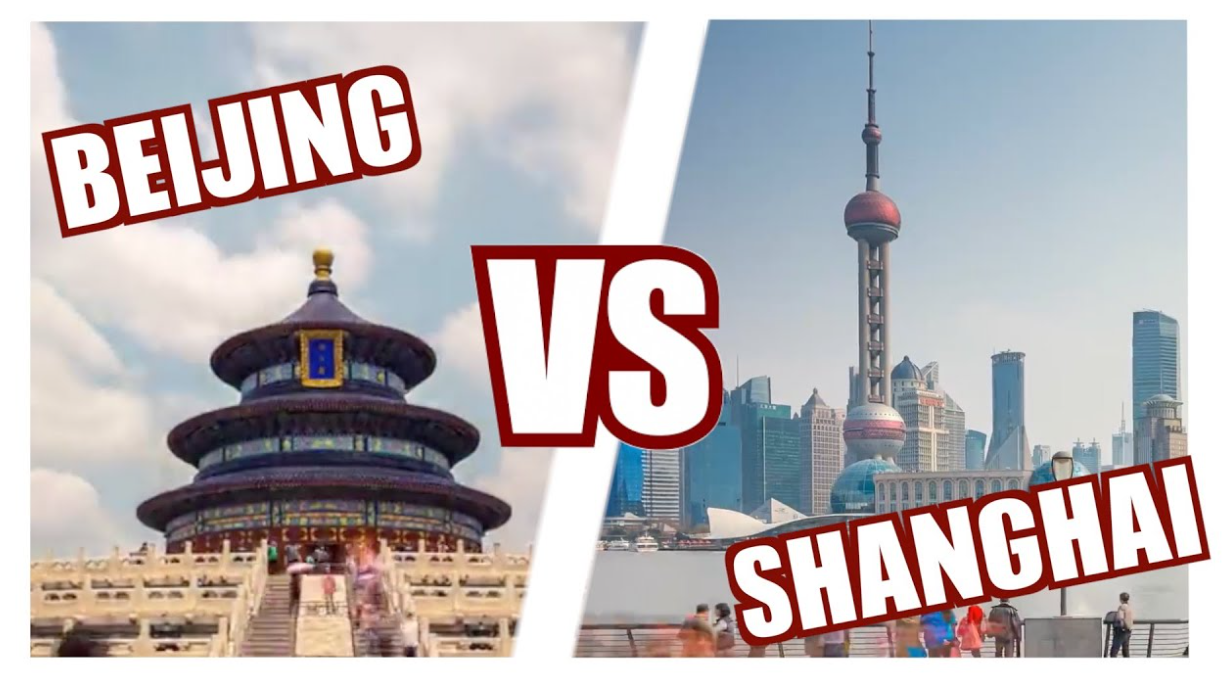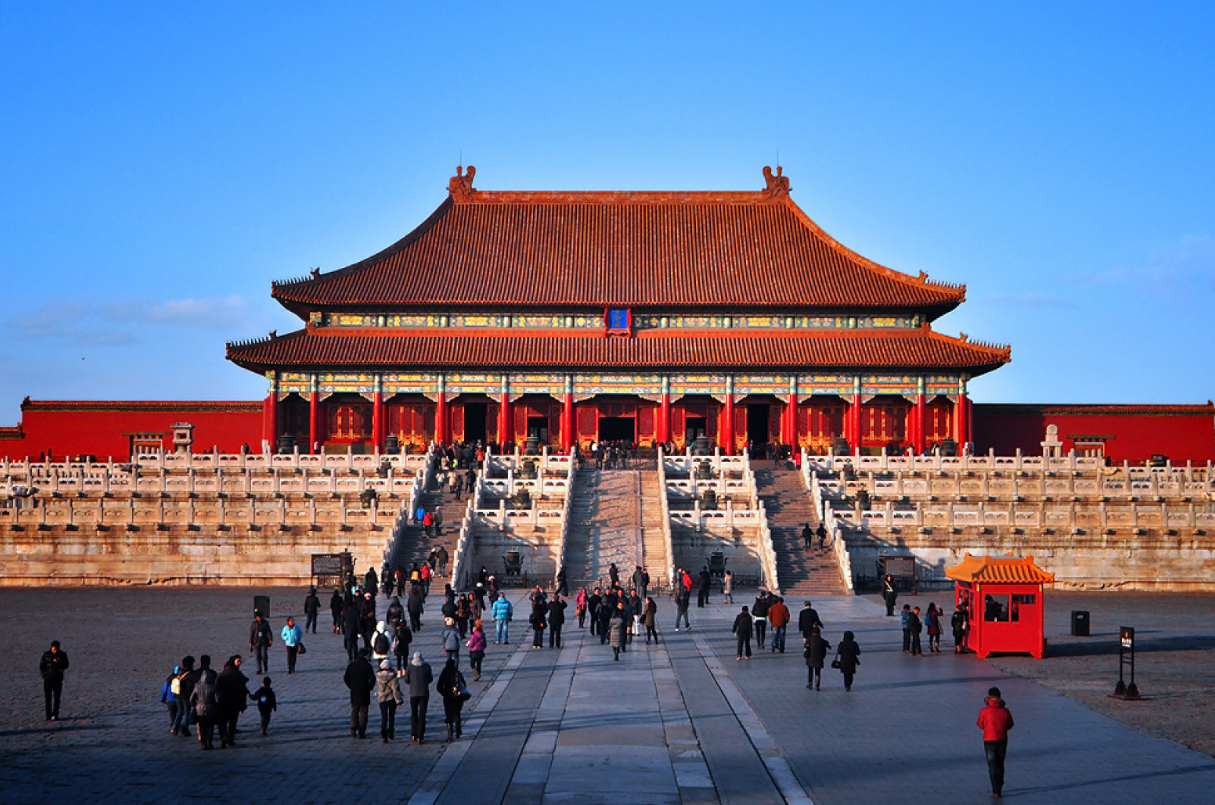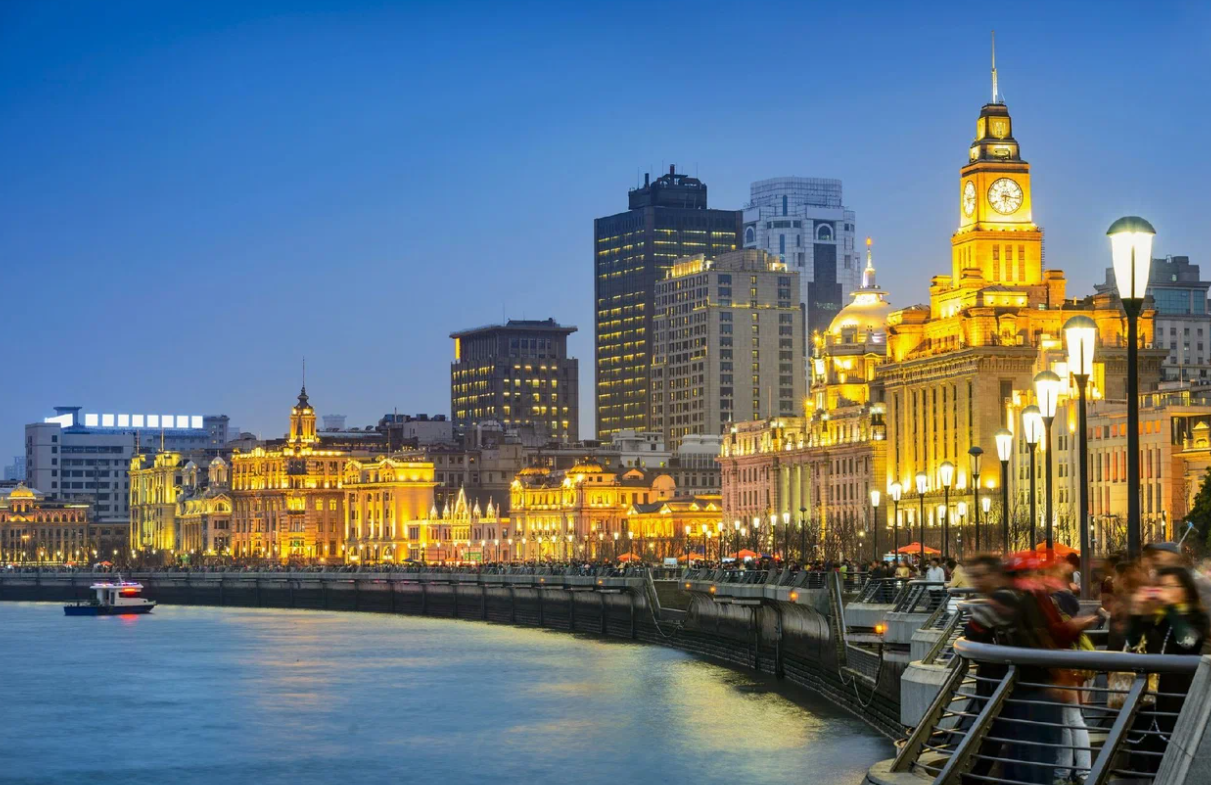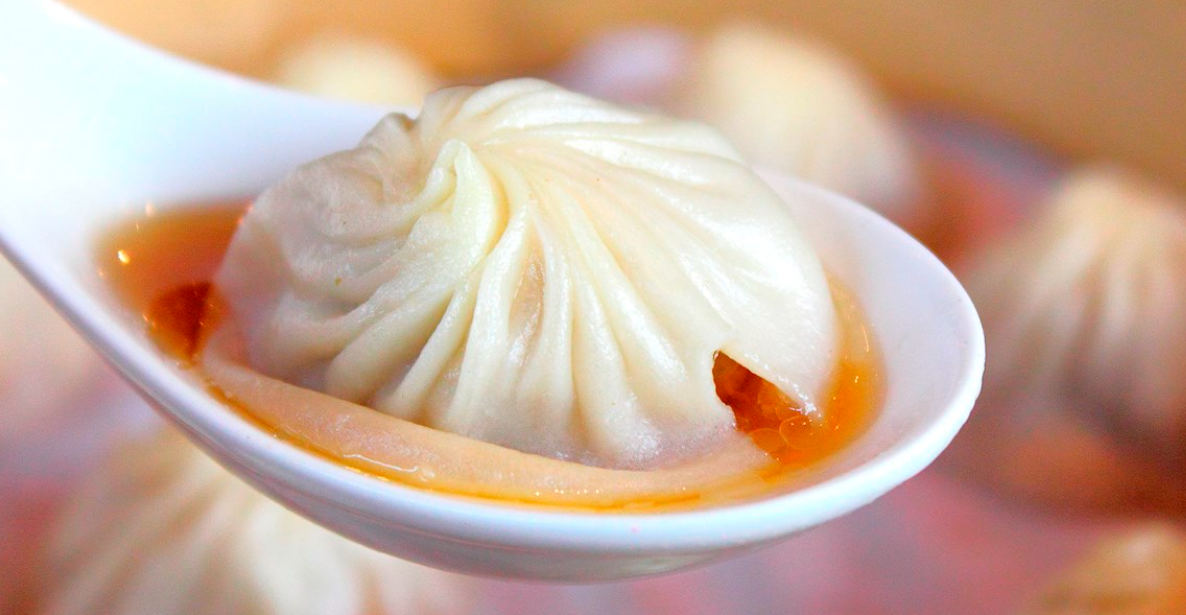Shanghai vs Beijing: Which City Should You Visit First in China?
Outline
-
Introduction: Why Shanghai and Beijing are the top two choices
-
Culture and History: Beijing’s imperial roots vs Shanghai’s modern vibe
-
Food Scene: Peking duck or soup dumplings?
-
City Life: Fast-paced Shanghai vs traditional Beijing rhythm
-
Tourist Attractions: Great Wall, Forbidden City, Bund, and more
-
Costs and Practical Tips: Budgeting for each city
-
Final Thoughts: So… which city should you pick?
Shanghai vs Beijing: Which City Should You Visit First in China?

1. Introduction: Why Shanghai and Beijing are the top two choices
If you ask any traveler where to start in China, chances are the answer will be either Shanghai or Beijing. These two cities are like siblings who couldn’t be more different—one is all about skyscrapers and neon lights, the other is about palaces, ancient walls, and history you can touch. Many first-time visitors struggle with the same question: should I fly into Beijing or Shanghai first? Let’s break it down.
2. Culture and History: Beijing’s imperial roots vs Shanghai’s modern vibe

Think of Beijing as the old soul of China. Walking through the Forbidden City feels like stepping back a few hundred years. The narrow hutongs (old alleyways) show a side of daily life that hasn’t changed much. You can literally feel the weight of history there.

Now, Shanghai? Totally different story. It’s more like a teenager—energetic, flashy, sometimes chaotic. The Bund shows off European-style buildings, while across the river in Pudong you’ve got futuristic towers like the Shanghai Tower. It’s old and new smashed together, but with more emphasis on the “new.”
3. Food Scene: Peking duck or soup dumplings?

Here’s where the real debate gets heated. In Beijing, you’ve got the world-famous Peking duck. Crispy skin, juicy meat, wrapped in those thin pancakes with scallions and sauce… it’s a meal and an experience.

But then you get to Shanghai and someone hands you a steamer basket of xiaolongbao (soup dumplings). Bite too fast and, oops, soup explosion. Locals will tell you to poke a hole with a chopstick, sip the broth, then eat the dumpling. Both cities have incredible food, but Beijing is better for big, hearty flavors, while Shanghai leans sweet and delicate.
4. City Life: Fast-paced Shanghai vs traditional Beijing rhythm
Shanghai feels international. You’ll hear English in cafes, meet people from everywhere, and the metro system feels almost sci-fi clean and fast. It’s like New York with a Chinese twist.
Beijing, on the other hand, is a bit more grounded. Life slows down in the hutongs, though the traffic can test your patience. It’s also more political—after all, it’s the capital. Some travelers say Beijing feels more “authentic China,” while Shanghai feels like a city looking outward to the world.
5. Tourist Attractions: Great Wall, Forbidden City, Bund, and more
Let’s be real—if you want to see the Great Wall, Beijing wins. Same for the Forbidden City, the Summer Palace, and the Temple of Heaven. Those spots are like pages ripped from history books.
Shanghai’s attractions are less about monuments and more about experiences. Walking along the Bund at night, cruising on the Huangpu River, or getting lost in the French Concession with its tree-lined streets—it’s a different kind of beauty. More modern, more lifestyle-oriented.
6. Costs and Practical Tips: Budgeting for each city
Travel costs are pretty similar, but Shanghai can feel pricier when it comes to nightlife and trendy restaurants. Beijing has plenty of budget-friendly food stalls, but attractions like the Great Wall tours add up. Transport-wise, both cities have excellent metro systems.
One small tip: Beijing’s winters are freezing and the air can be rough sometimes. Shanghai’s summers are humid but the winters are milder. If weather plays a big role in your plans, keep that in mind.
7. Final Thoughts: So… which city should you pick?
If history, culture, and bucket-list landmarks are your thing, start with Beijing. You’ll get the full imperial China experience. But if you’re more into a mix of modern life, nightlife, and food adventures, Shanghai will probably steal your heart.
Honestly? A lot of travelers do both. High-speed trains connect the cities in about 4.5 hours, so if you’ve got the time, don’t torture yourself with the choice—just see both. But if your schedule forces you to pick one, ask yourself: do I want to see ancient palaces or futuristic skylines first? That’s your answer.

